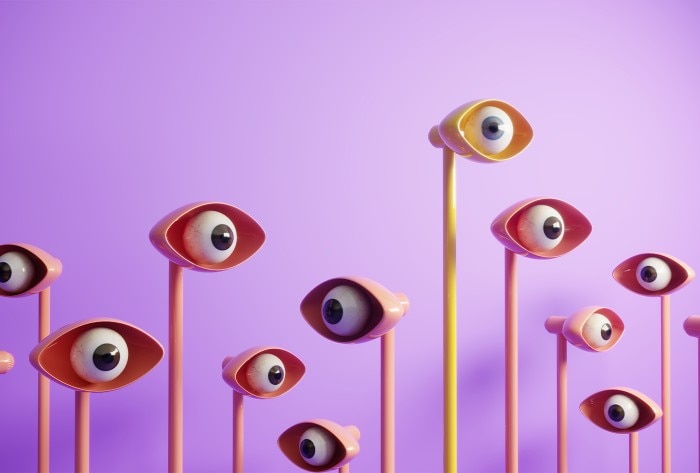菜单
CN | CNY
-
-
-
-
- Forum Labo 2025
- Advanced Therapies Week (ATW) 2025
- SLAS Europe 2025
- Bioprocessing Summit Europe 2025
- Medlab Middle East 2025
- SLAS International 2025
- Biologics World Nordics 2025
- ASIA LABEX: The Lab Show 2025
- BioProcess International Europe 2025
- ISEV 2025
- CBioPC 2025
- Future Labs Live 2025
- Cell 2025
- ASIA LABEX: The Lab Show 2025
- Stem Cell Community Day 2025
-
-
-
-
- Forum Labo 2025
- Advanced Therapies Week (ATW) 2025
- SLAS Europe 2025
- Bioprocessing Summit Europe 2025
- Medlab Middle East 2025
- SLAS International 2025
- Biologics World Nordics 2025
- ASIA LABEX: The Lab Show 2025
- BioProcess International Europe 2025
- ISEV 2025
- CBioPC 2025
- Future Labs Live 2025
- Cell 2025
- ASIA LABEX: The Lab Show 2025
- Stem Cell Community Day 2025
CN | CNY
Sorry, we couldn't find anything on our website containing your search term.

Experience Wins
探索生命科学
- 实验室生活
- Off the Bench
- 令人鼓舞的科学技术
Which is better: a doctor or artificial intelligence? A study delivers surprising results.
These days, artificial intelligence (AI) is already being utilized in multiple areas of medical diagnostics. Researchers at the University of Cambridge have asked the question: is AI superior to doctors? In their study, the language model GPT-4 by OpenAI competed against physicians from the field of ophthalmology, with the goal of assessing 87 different eye conditions. The result: AI was superior to doctors with little experience when it came to diagnostics and treatment recommendations. Only the experienced specialists were more accurate than the algorithm. According to lead author Arun Thirunavukarasu, AI could be most helpful in those areas that lack specialists; for example, to decide whether an eye problem should be treated by a family doctor or a specialist.
显示更少
